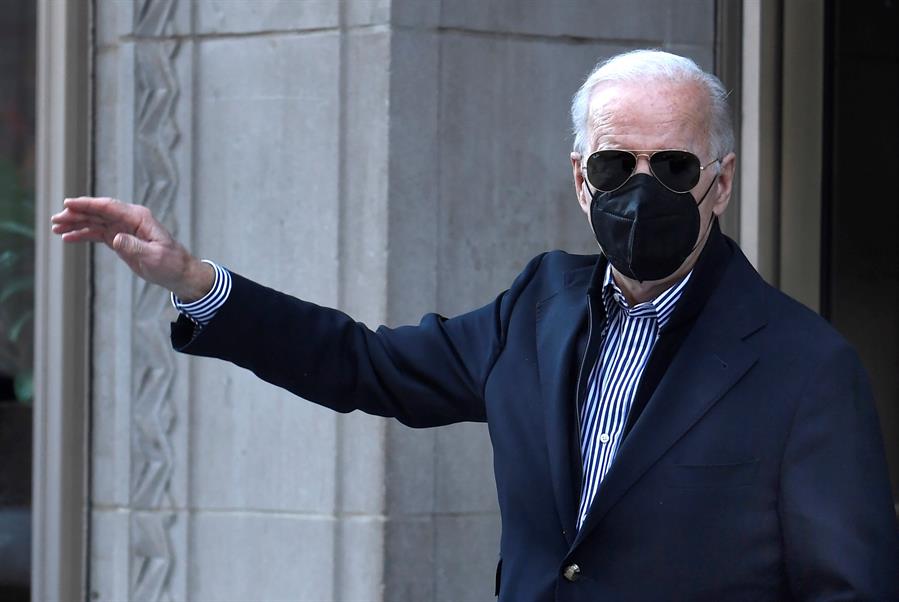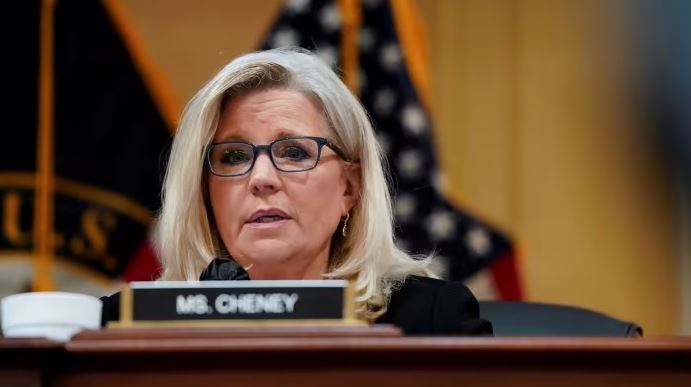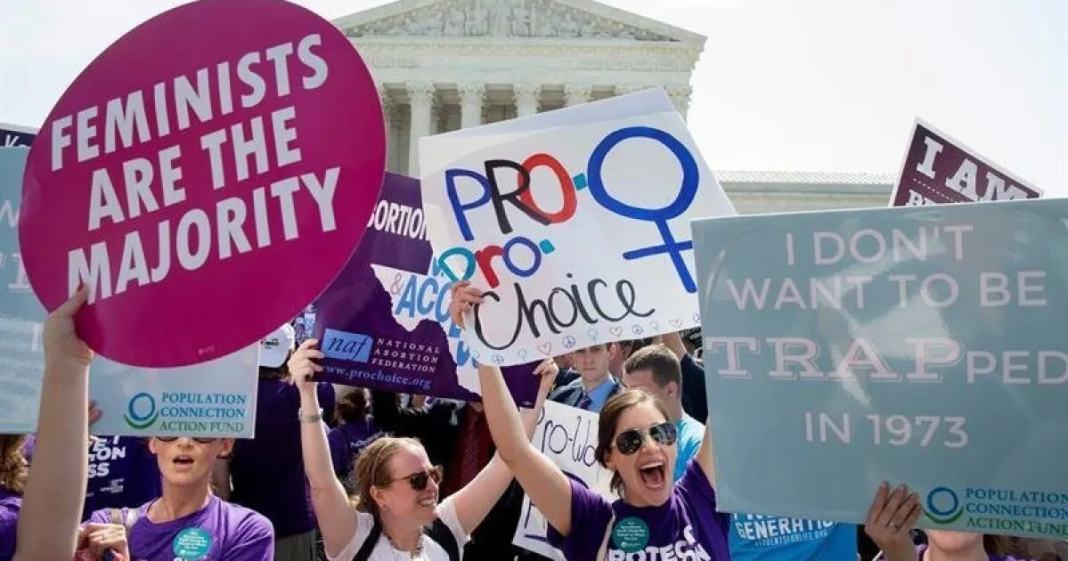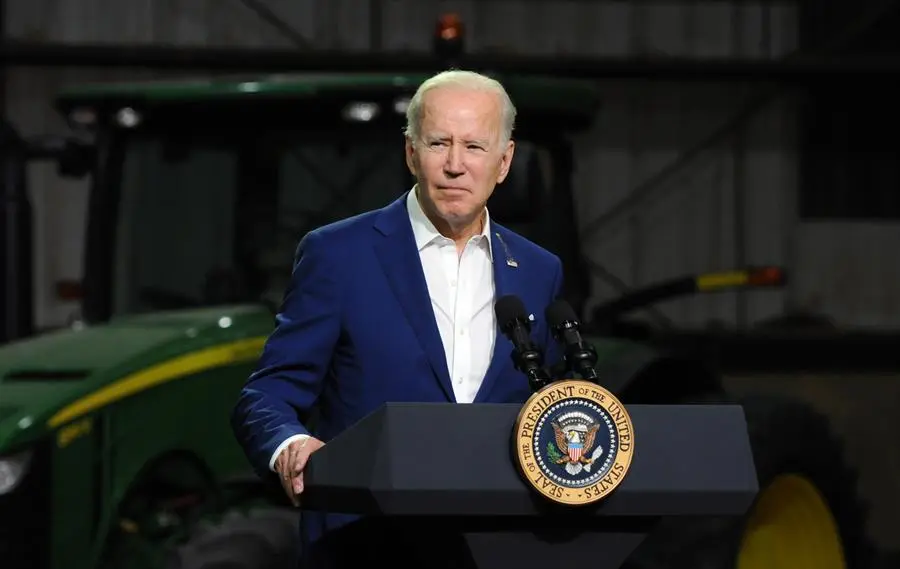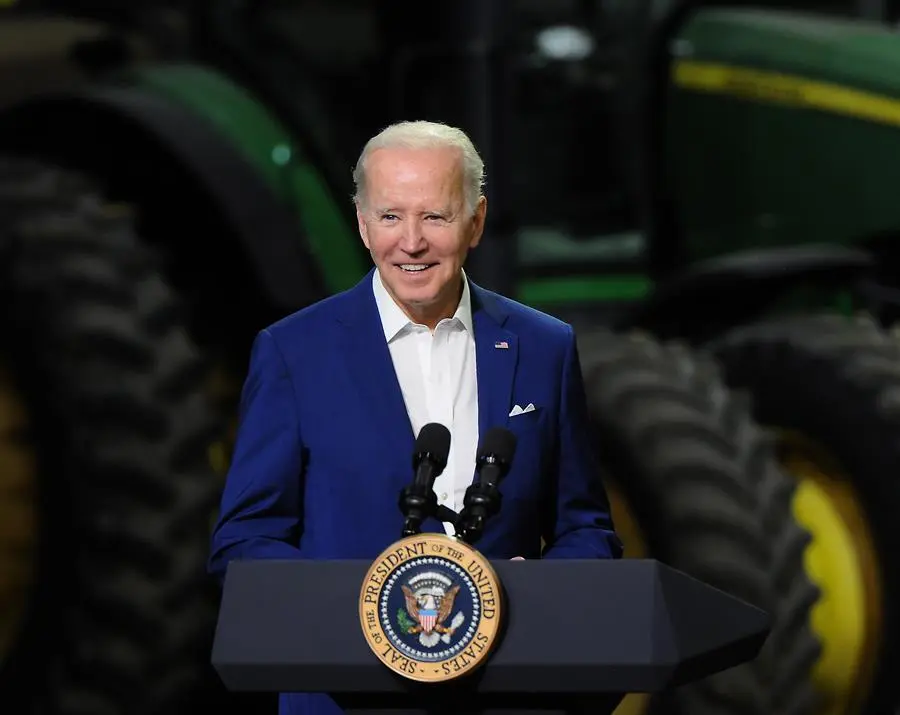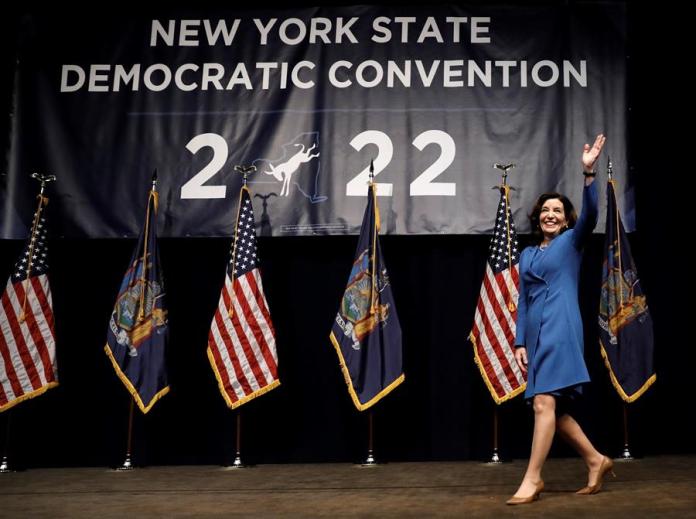President Joe Biden will lead a meeting of his national security council on Sunday to address the crisis in Ukraine, out of concern that Russia could attack the neighboring country “at any moment. “
White House spokeswoman Jen Psaki announced in a statement Saturday afternoon that Biden has decided to call that meeting “on the situation in Ukraine.”
The president “regularly receives details about the situation on the ground” and his national security team is still of the opinion that “Russia could launch an attack against Ukraine at any moment,” Psaki stressed.
This Saturday, Biden was informed about the meetings held during his visit to Munich by the Vice President of the United States, Kamala Harris, with the President of Ukraine, Volodímir Zelenski, and the President of the European Commission, Ursula Von der Leyen, among others.
Biden assured this Friday that he is convinced that his Russian counterpart, Vladimir Putin, will attack Ukraine and that “he has already made” that decision.
The president insisted that Russia is seeking to create a pretext for that invasion and relies on disinformation to justify an attack on the neighboring country.
The European Union (EU) also expressed concern on Saturday about the possibility of Russia using “staged events” to justify a military escalation.
The EU High Representative for Foreign Affairs, Josep Borrell, also condemned in a statement “the use of heavy weapons and the indiscriminate bombing of civilian areas” in eastern Ukraine.
In recent days, the US has increased its estimates of Russian military concentrated near Ukraine to 150,000 troops, compared to 100,000 a few weeks ago, and has blamed Moscow for cyber attacks against the neighboring country.
The crisis in Ukraine was the focus of the Munich Security Conference, where Harris gave a speech and met -in addition to Zelenski and Von der Leyen- with NATO Secretary-General Jens Stoltenberg; German Chancellor Olaf Scholz reported Psaki.
He also met with the Prime Minister of Estonia, Kaja Kallas; the president of Latvia, Egils Levites; and the president of Lithuania, Gitanas Nausea; as well as with the Greek Prime Minister, Kyriakos Mitsotaki.

















































































